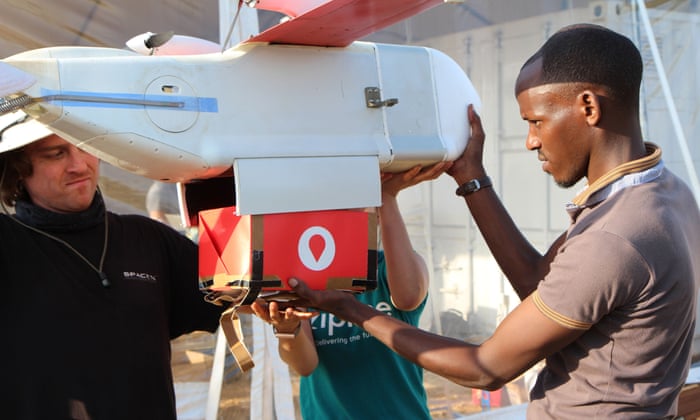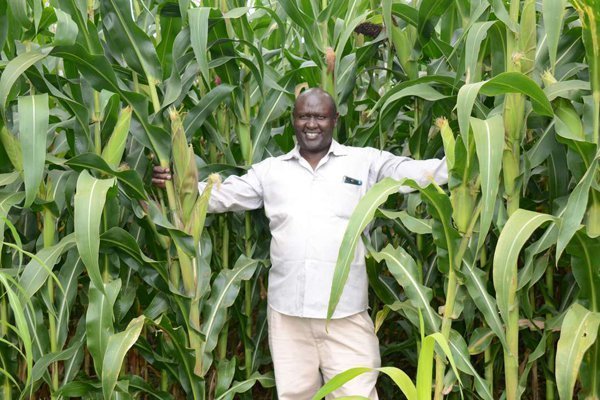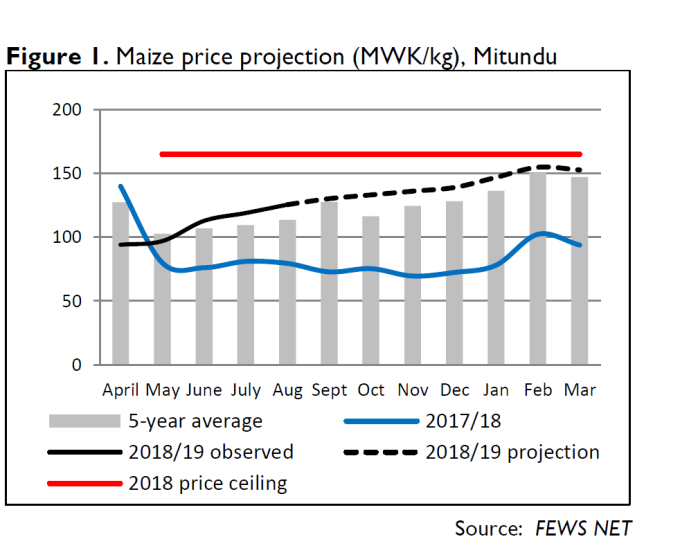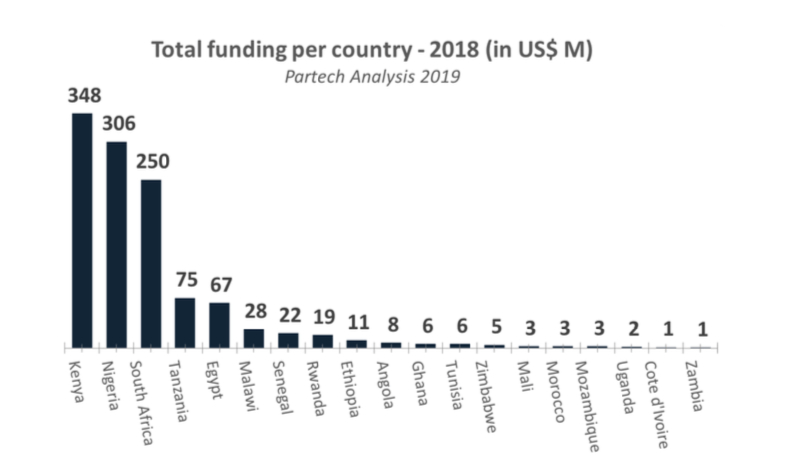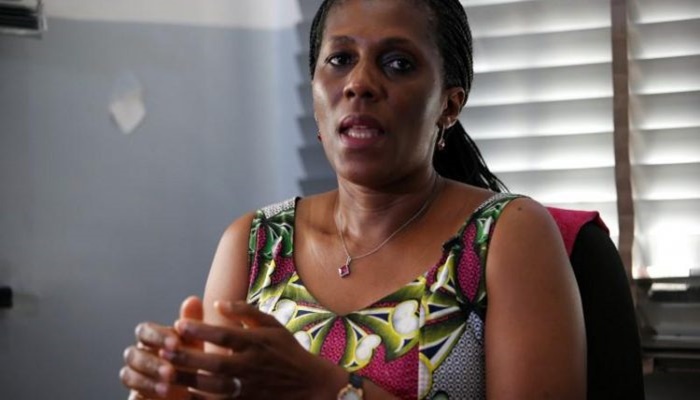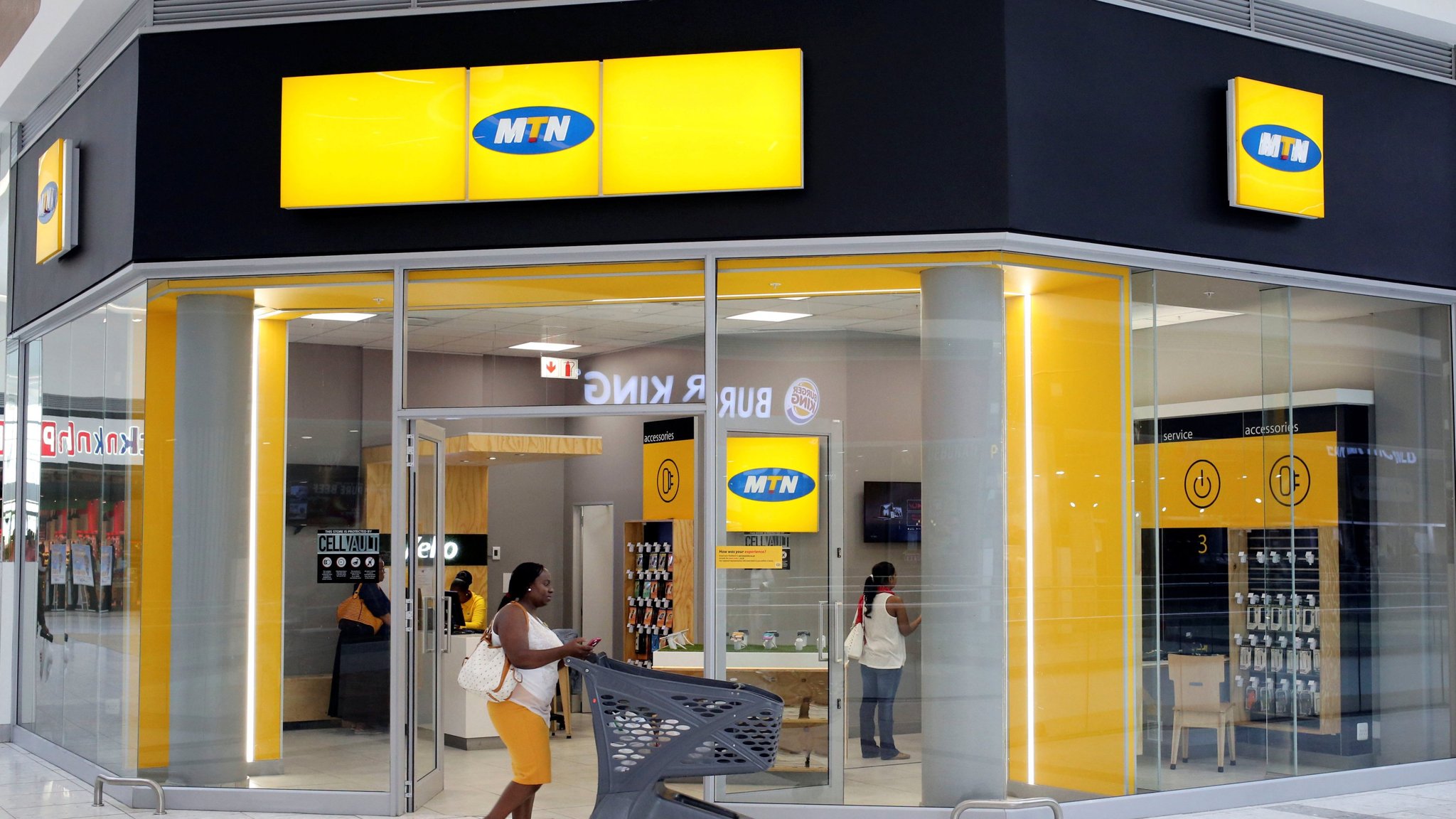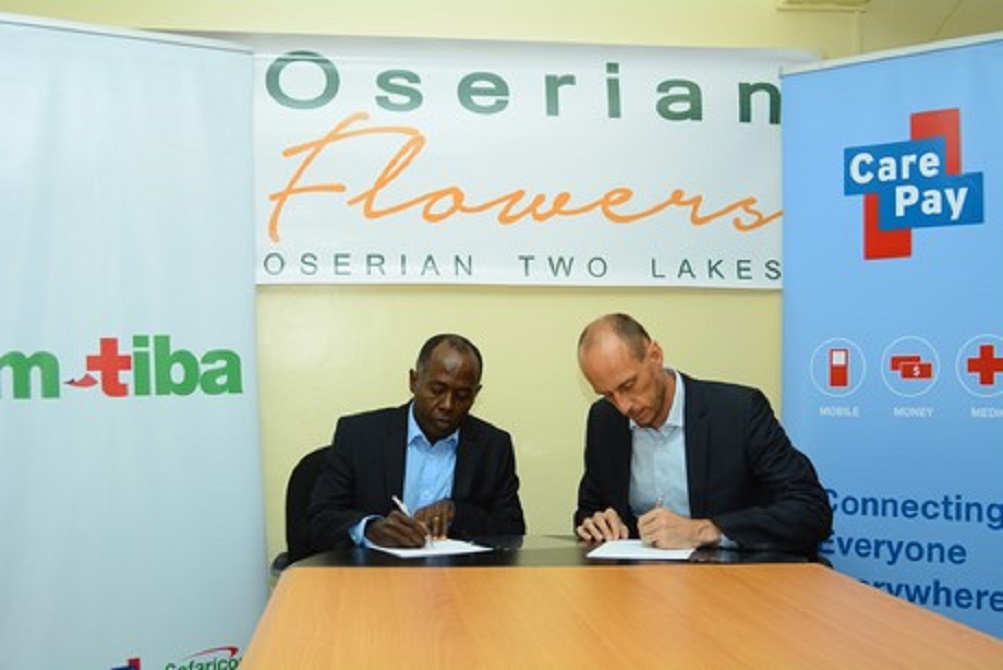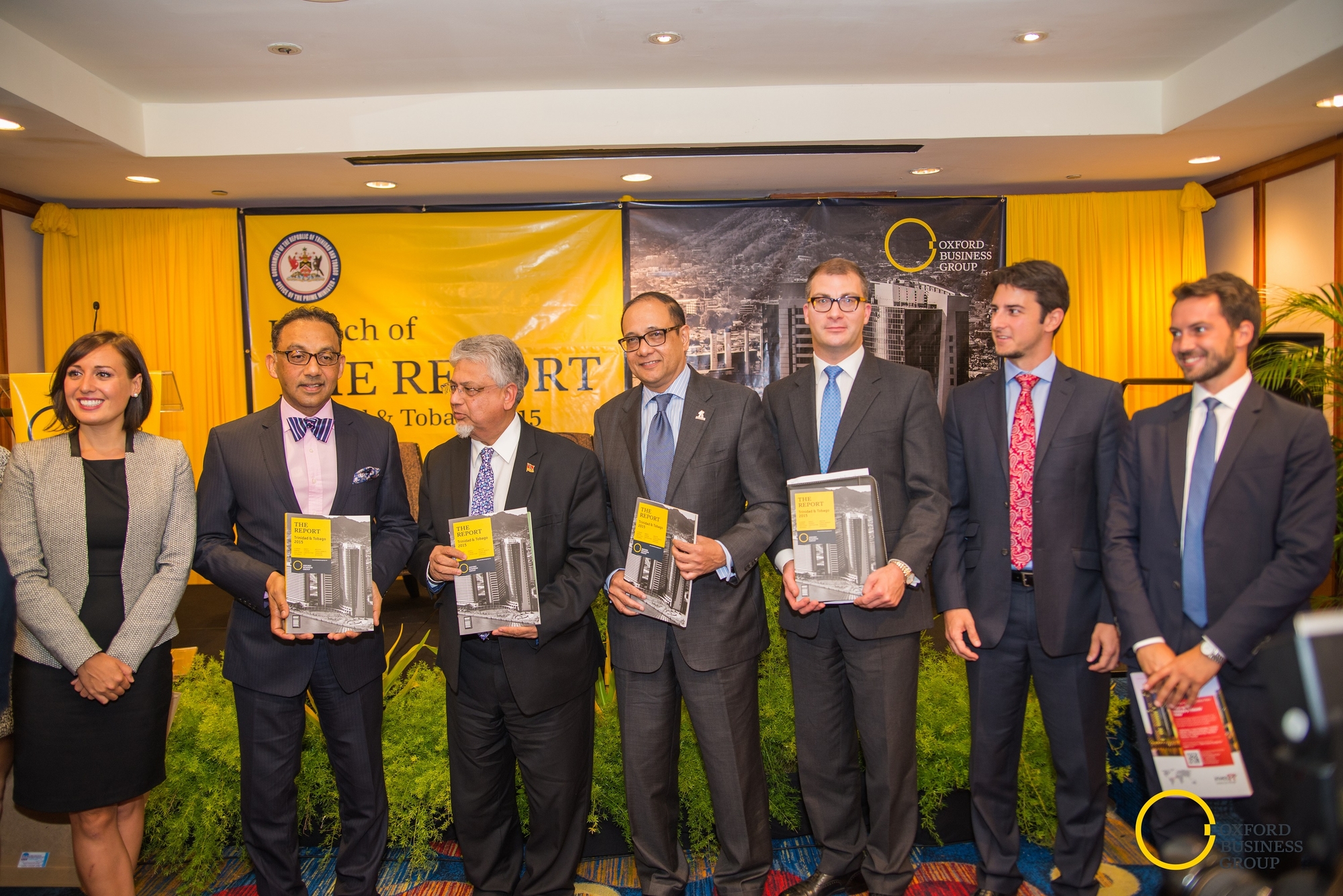Internet Fraud Hits Kenya Hard – $300 Million Stolen
Internet fraud is hitting Kenyan businesses hard. The case was worst in 2018, according to a new report by cybersecurity firm Serianu.
Over Sh29.5 billion was lost to cybercrime and related activities last year as criminals stepped up attacks on banks, Saccos and government agencies.

Key Breakdown Of Facts And Figures
- The funds were lost through direct theft or indirect expenses linked to cybercrime.
- Financial institutions, such as banks, insurance companies, and micro-finance institutions were the most affected group.
- Government agencies also topped the list of targeted institutions as criminals sought out critical personal data to exploit.
Also See: Kenyan Loan Guarantors May Soon Be Hard To Be Sued
- KSh230 million was lost through personal computer fraud
- KSh100 million through business emails — an attempt to trick someone into giving information over the Internet or by email that would allow someone else to take money from them.
- KSh70 million through fake cheques, and;
- KSh66 million in identity theft.
- Sh97 million and Sh72 million was lost through hacking of transaction channels and identity theft respectively.
“From our survey, we estimated the cost of cybercrime in Kenya at Sh29.5 billion for 2018, which is 40 per cent increase from the Sh21 billion reported over a similar period in 2017,” explained Serianu Chief Executive Wiliam Makatiani.
Internet Frauds
While it seems a field day for the internet fraudsters, one important point to note here is that it appears that instruments of law, policies and regulations are proving less effective in the efforts to check online frauds in Kenya.
Just in 2017, the Central Bank of Kenya issued a guidance note on Cyber Security to public institutions.
Among other things, the guidelines provide for the minimum requirements for businesses to prevent cybercrime, one of which is interestingly, that the members of the board of a company should understand cybersecurity matters and possible threats to the business.
Boards of companies are also expected to establish or review cybersecurity risk ownership and management accountability and assign ownership and accountability to relevant stakeholders; the coverage should include relevant business lines and not just the IT function.
The Central Bank of Kenya also demands that companies perform regular checks to ensure they are safe from cyber theft.
And it doesn’t seem the institutions in Kenya have failed to comply.
In fact, the report said that financial players, including banks, insurance companies and Saccos, spent Sh6.4 billion on protective measures.
Government agencies and private service providers, including telcos and sports betting companies, on the other hand, spent Sh5.9 billion and 4.8 billion respectively. According to Serianu, while more companies are reporting cybercrime attempts and even losses, many cite the lack of adequate personnel as the biggest challenge to complying with industry standards.
Earlier in 2019, Kenya’s Directorate of Criminal Investigations (DCI) released the names and faces of more than 100 individuals linked to the theft of millions of shillings from several commercial banks in Kenya.
Communications Authority of Kenya (CA)’s data shows that cases of online theft aimed at both individuals and institutions over the last quarter of last year increased by 168 per cent.
Malware attacks recorded a 400 per cent increase from 1.8 million between July and September last year to nine million recorded between October and December, with a majority of cases targeting smartphone users.
“The quarter saw an exponential increase in the number of malware attacks as well as the number of misconfigured systems,” said the CA in the latest sector statistics report.
Charles Rapulu Udoh

Charles Rapulu Udoh, a Lagos-based Lawyer with special focus on Business Law, Intellectual Property Rights, Entertainment and Technology Law. He is also an award-winning writer. Working for notable organisations so far has exposed him to some of industry best practices in business, finance strategies, law, dispute resolution and data analytics both in Nigeria and across the world.


